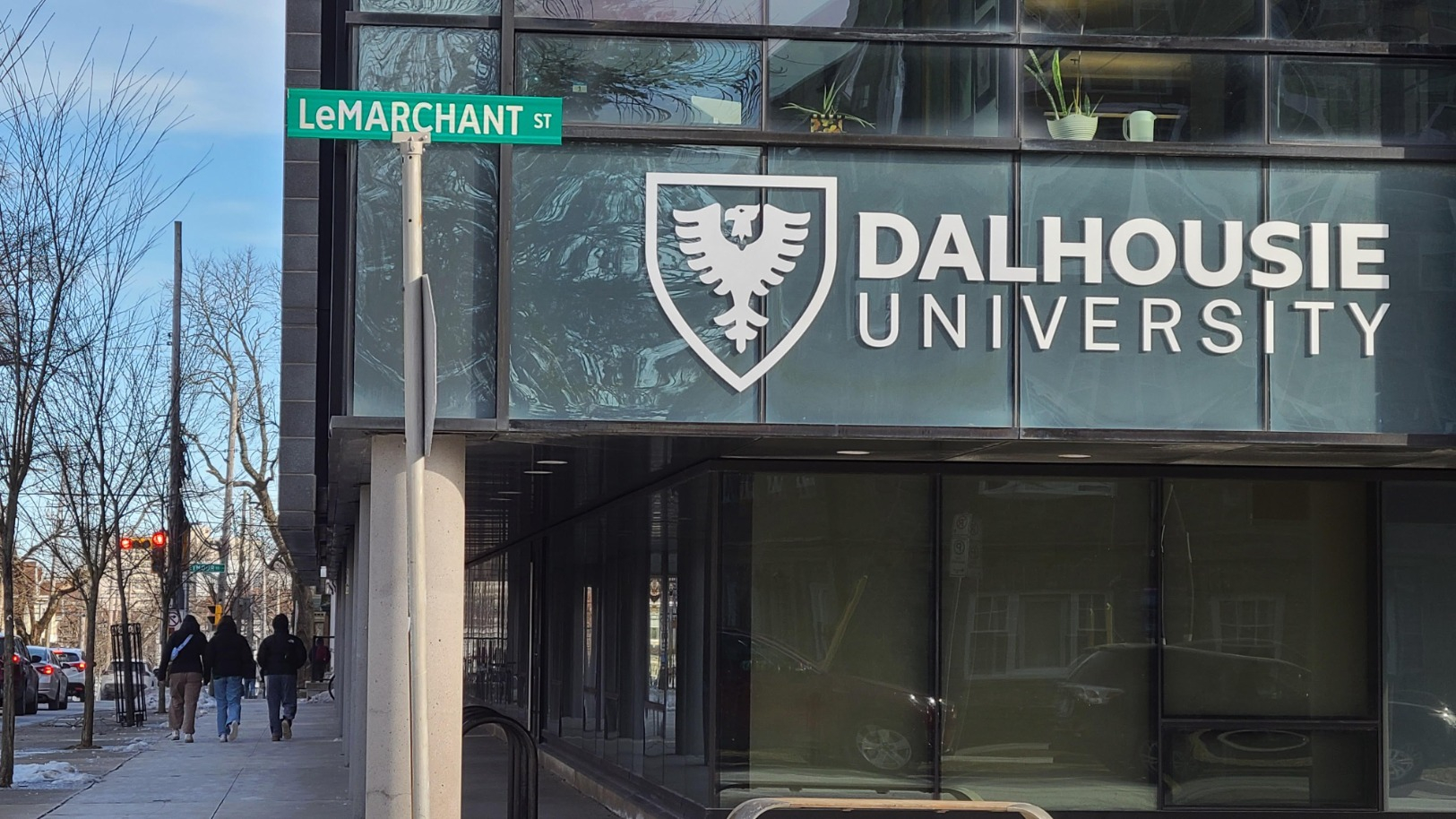New social work program for Black students will teach Africentric approaches at Dalhousie
Cohort of up to 25 students begins in September

caption
The Mona Campbell building on LeMarchant Street in Halifax houses Dalhousie University’s school of social work. The school is launching a pilot bachelor of social work cohort program for Black and African-Nova Scotian students in September.A cohort of 25 Black social work students will soon have the opportunity to study the profession from an Africentric perspective at Dalhousie University.
In a news release on Jan. 23, the province announced $525,000 in funding over the three years of the university’s new bachelor of social work cohort pilot program.
The provincial funding will cover students’ tuition and fees, Advanced Education Minister Brian Wong said in an interview Thursday.
“There is an expectation, and [the program is] still working out the details, that these graduates would stay in Nova Scotia and work in communities,” Wong said. Related stories
People of African descent living in Canada may apply for the part-time program, which begins in September.
The cohort of students will be taught curriculum developed by community organizations, provincial departments and the university’s school of social work, according to the release.
Vanessa Fells is the director of the African Nova Scotian Decade for People of African Descent (DPAD) Coalition, one of the organizations that developed the program.
“The courses that they will be taking are no different than the courses that any student of social work would take,” Fells said.
However, she said elective courses for the cohort will focus on Africentric theory and the history of African Nova Scotian communities.
Fells said Africentric approaches are about “bringing together community” and “having a holistic approach.”
For example, she said a social worker could help build a child’s self-esteem by “[giving] this child education or [connecting] them with people in the community that can teach her about her hair and how to take care of it.”
“That is actually beautiful, because the whole aspect of community is very important to people of African descent,” said social worker Preston Matthews. He completed his bachelor of social work in April 2022 and currently works with Nova Scotia’s public health COVID response team.
“Having more Black social workers will … give more lens and worldviews to some of the issues that individuals face in the community,” said Matthews, who is Jamaican.
“If you look at the history of people of African descent in this province, trust has always been a big issue when it comes to being able to trust government, especially … how our kids are taken care of,” Fells said.
She said the Africentric lens is “very different than the way that social work has been done in the past, (where) the focus doesn’t look at all different aspects of an individual and the needs of an individual.”
Wong also said, “There is a direct connection [between] the well-being of families and individuals and community and health care.”
The release states the program will help ease pressure on the health-care and social service systems.
The application deadline for the cohort program is Feb. 15. The school of social work says, however, that it will accept applications beyond this date until all seats are filled.
About the author
Andrew Lam
Andrew Lam (they/she) is a Chinese and trans journalist interested in labour, LGBTQIA+, and political stories. They hope to leverage their data...
